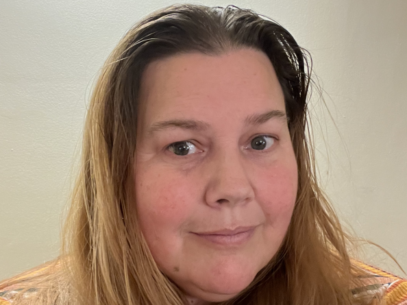12 August 2019
By Charlotte Augst, Chief Executive of National Voices
We have all heard a lot about how we need to get to strengths- based approaches – building on what people are good at, the assets they have, and what they already do that works.
Since I started my role in March of this year, I have concluded that this applies to refining our strategy too. National Voices needs to change. Our influencing environment is different: Person-centred care is largely reflected in all relevant policy documents now, but it has clearly not arrived in the lived reality of how most people experience their care. And our funding environment has changed too – the time of core grants, where a government body sees the value in a voluntary sector infrastructure organisation and funds it, seems to be over for now.

This all means we need to find a way of addressing the gap between rhetoric and reality on person-centred care, and we need to do so in a way that helps us to fund our ongoing work.
In thinking through this challenge, it became clear to me that we need to take a strengths-based approach: we haven’t got much money or many people, and if we think of ourselves as a stand-alone organisation, this lack of resource will severely limit our impact. But we are part of a massive network of assets. We have 160 members, who have great people working for them, across policy and influencing, service delivery and innovation, research and advocacy. They work with thousands and thousands of volunteers, and draw on the resilience and energy of even more people we are here to support: people living with ongoing health problems, and many of the other issues that are associated, if not caused by ill health: poverty, loneliness, inequality.
Connection is our strength
We need to think of this network as our asset. Focus on the connections we need to build, and strengthen our insight and analysis of what our members know and do. We can then engage so much more effectively with the many opportunities for change that arise out of the national push for primary care reform, the local drive to implement social prescribing, or the regional ambition to integrate services.
This means we need to learn some different skills too; for instance, listening to our partners’ experiences; facilitating collective action; and supporting people to advocate for themselves and others. It might sound a bit trite, but it is still true that our connection is our strength.



